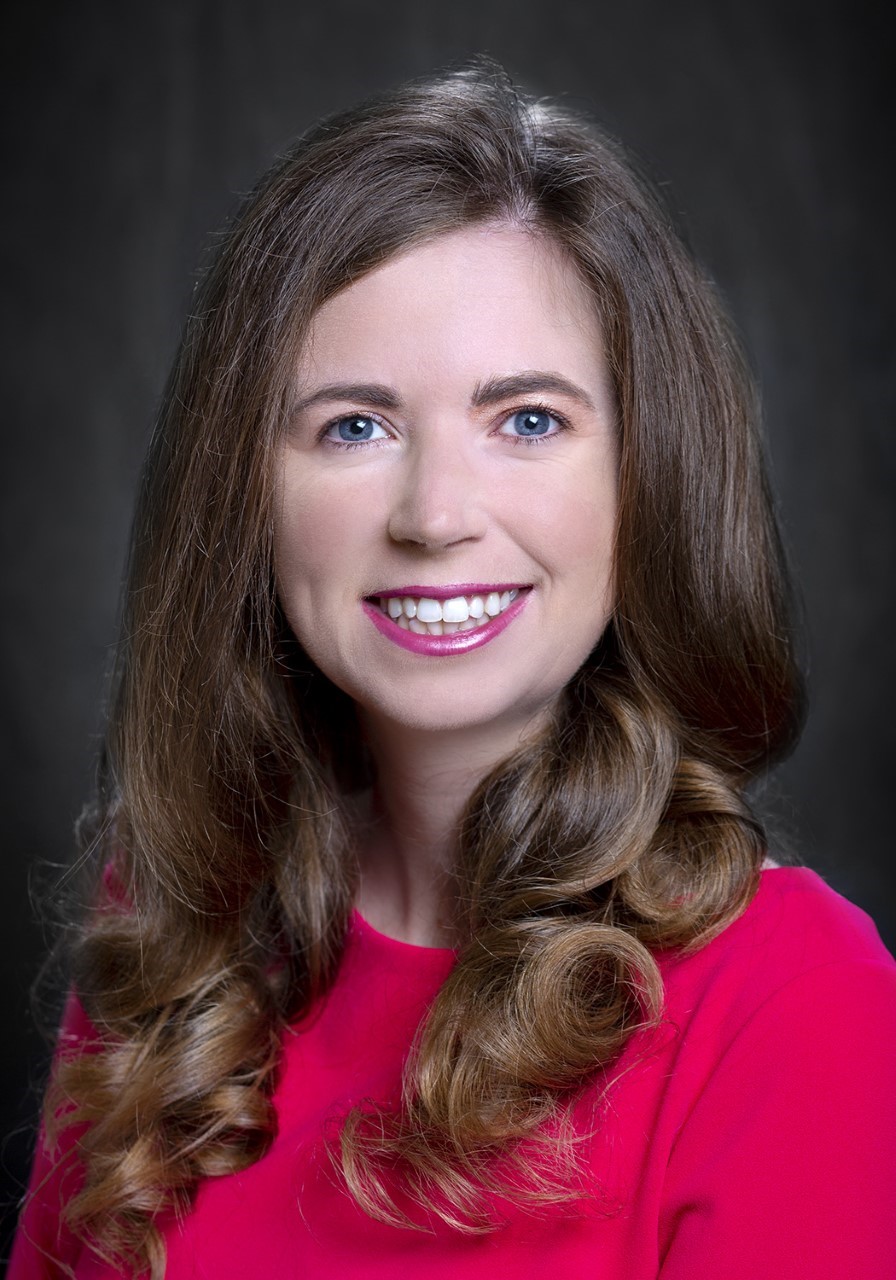
The saying states, “Write what you know.” Which is true – to an extent. The more knowledgeable a writer is about his subject matter, the more engaging the document they write will be. But, if the writer stays too doesn’t venture at all “outside their lane”, the material is apt to be dull and stiff. So, it’s good to start on terra firma with expertise, and then venture far enough outside your comfort zone that what you’ve presented also helps you learn something new.
Kimberly Davis, Mercer, struck this balance when she authored her dissertation, “Not What It Used To Be: A Mixed-Methods Study on Hazing and Organizational Culture in Historically White Fraternities.” The paper earned her Dissertation of the Year accolades from the Association of Fraternity/Sorority Advisors (AFA). Not surprisingly, she was well versed in the culture of fraternal organizations.
“I joined both Deltasig and a member of Alpha Gamma Delta sorority, so Greek life was a central part of my college experience,” she said.
After graduation, Kim worked in student housing and collegiate residential life, so it wasn’t much of a stretch for her to return to the fraternal world as a fraternal-organization advisor for Centenary College, a small liberal-arts school in Shreveport, Louisiana. When she entered LSU’s doctoral program, she understandably decided to focus on the culture of fraternal organizations for her dissertation subject. She invited 2,000 fraternal-organization members to participate in the survey. Given the sensitive nature of some of Kim’s questions, the rate of completed responses was low – approximately 14%.
The population was limited to historically white social fraternities; professional or service organization members weren’t surveyed. Respondents were affluent; 66% reported a family income of greater than $100,000. Also, both parents of the individual answering the survey had typically been to college, and parents and relatives, particularly fathers, had been involved in fraternal organizations. Those polled expressed greater satisfaction with fraternity life than with their overall collegiate experience. Kim asked 16 chapters if she could attend a meeting; only three said yes, which underscores some wariness.
The paper’s title reflects a double-edged sword of perceived positive and negative changes in fraternal organizations when compared to previous generations. On one hand, the occurrence of hazing had decreased considerably, but respondents also expressed feeling less of a fraternal bond with brothers.
“Members who had experienced hazing had lower feelings of teamwork, but reported feeling a stronger sense of belonging,” Brother Davis said.
Poll participants cited social functions, such as attending football games and parties, as the primary attributes they enjoyed in fraternity life.
One key difference between social organizations and professionally oriented organizations such as Delta Sigma Pi is that, given the lack of houses, professional and service organizations conducted meetings in public spaces on campus, which carries greater oversight than meeting in private houses. Also, non-social organizations typically offer greater gender inclusivity and ethnic diversity.
The AFA awarded the Dissertation of the Year designation at its annual meeting. Kim said that she hopes all levels of fraternal organizations consider how culture contributes to members' fraternal experiences and seek ways to develop a safer, healthier culture for their members.